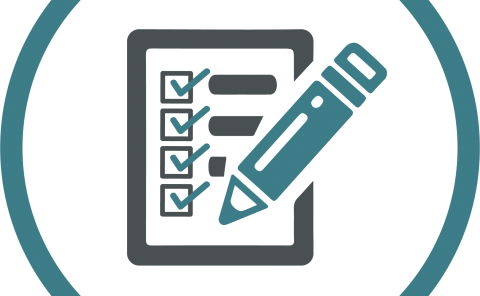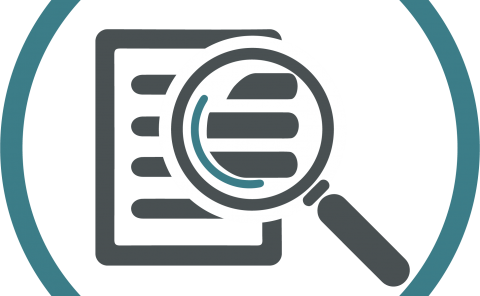Stress Testing: Latest Developments & Best Practice Approaches
Sessions include scenario design, leveraging data, integrating CECL and stress testing for climate risk.
Stress Testing: Latest Developments & Best Practice Approaches
July, 2020
COVID-19 update
Due to the escalation of the COVID-19 developments and the restrictions being placed on travel, Risk Training has taken the decision to provide our May, June and July training courses virtually.
The decision to move remotely has not been taken lightly, but our utmost priority is to safeguard the wellbeing of all our delegates, speakers and staff.
We are hopeful that we will be able to return to our in-person events later this year, however as this unprecedented situation is changing every day, we remain watchful but also focused on delivering this much anticipated course.
About the course
“Stress tests play a valuable role in the regulatory dialogue and in the setting of regulatory ratios, so the final outcome and the quality assessment are important for the bank.” – Antoine Bezat, head of stress testing methodologies and models, BNP Paribas (Stress-testing to improve strategic decision-making, October 2019)
This training course will provide attendees the opportunity to get an inside scoop on the latest developments in stress testing. Topics such as the CECL integration and scenario design will be thoroughly covered by industry experts. Attendees will have the chance to learn from and network with a variety of people from different financial institutions.

What will you learn?
- Best practice approach to building a stress testing framework
- Understand how to optimize stress tests
- Address the changes and challenges of CECL
- Utilize stress testing as a risk management tool
- Updates on CCAR and DFAST regulatory requirements
- How to leverage data from stress testing
- The role AI and machine learning play in stress testing

Who should attend?
Relevant departments may include but are not limited to:
- Stress testing
- Regulatory compliance
- Machine learning
- Risk management
- Capital planning

Sessions include
- Building a stress testing framework
- Regulatory update: DFAST and CCAR
- Scenario design
- Leveraging data from stress testing
- Optimization of stress testing
- Integration of CECL
- A machine learning based approach to stress testing
- Stress testing for climate risk
Very insightful course with a very knowledgeable teacher. The whole outline is extremely practical
VZ VermögensZentrum
The training was clear with lots of good examples we can work on at home
LMRKTS
The Python for Finance training is extremely useful for whoever is interested to manipulate financial data with a view to build statistical analysis and financial models.
LMRKTS
I would highly recommend taking advantage of the training opportunities offered: presenters were knowledgeable, engaging and the seminars were well organised
A participant from the Bank of Jamaica
It is a more relaxed atmosphere when I can attend virtually, and the setup worked very well
Red Winter Capital
Very applicable material that I can use straight away. Very focused on prices, economic data and their manipulations via Python. Well presented, Saeed was clear, patient, explained things well. It is my first course through Risk Training, but will be looking to attend more.
Red Winter Capital